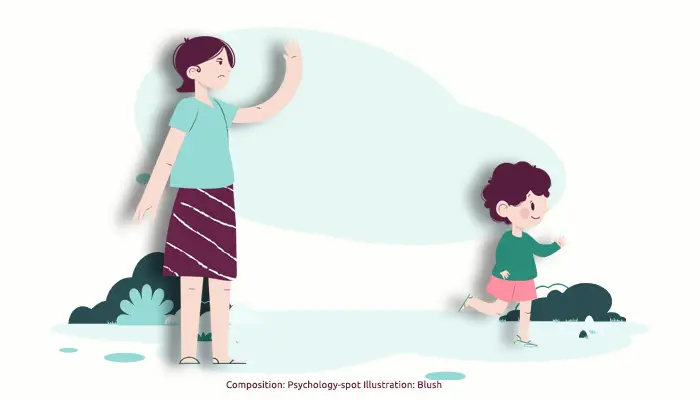
“Youth have never been more cruel… they despise the elderly, disregard honorable people and have no respect for magistrates.” These words might just as well apply to today’s generation, were it not for the fact that Thomas Barnes wrote them in London in 1624.
The pervasiveness of complaints about younger generations over the centuries and their transversality across cultures and times suggests that they are not actually worse, but rather due to a bias in how we view them.
Tell me how you are and I will tell you what young people suffer today
Researchers at the University of California tried to understand why there is a tendency to think that the new generations are, in some way, worse than the previous ones. In one of their studies, they asked more than 1,800 adults how much they thought younger respected their elders compared to their childhood. Many thought that today’s younger are less respectful of their elders than before.
However, when the researchers delved deeper into other characteristics, such as intelligence and love for reading, they discovered an interesting phenomenon: the most intelligent people believed that the new generations were less intelligent, and those who read the most believed that the younger generations liked to read less than the previous ones.
In a general sense, most people believed that the new generations were worse than the previous ones, but this effect was more pronounced when the respondents excelled in the analyzed characteristic. Therefore, the researchers concluded that “There is a general tendency to look down on today’s youth, as well as a specific tendency to see today’s youth as especially lacking in those traits in which one excels.”
Underestimating the new generations, a trap of our memory and ego
The researchers found evidence that we value new generations based on our memories. In practice, we think that “as I like to read now, everyone liked to read when I was a child”. In fact, they found that the more a person read, the less they remembered that their friends enjoyed reading.
That biased memory can lead them to project their current “self” onto their past one. This is a trap because it causes them to compare that biased memory of the past with a more objective assessment of the present, which could make it appear that a natural decline has occurred.
However, it is not just memory playing tricks on us. It also influences another more complex psychological mechanism related to the way we see ourselves. An earlier study conducted at the University of Oslo revealed that we all have a tendency to see ourselves as superior to the others in certain aspects, regardless of our actual qualities.
When we believe we have a special trait, characteristic, or ability that we are particularly proud of, we are more likely to notice its absence in other people, both young and old. Our ego sets a trap for us. By this mechanism, it is very likely that someone who shows great respect for authority believes that today’s generations no longer respect their elders, although they do not necessarily have to think that they are less intelligent.
Actually, if we want to have an objective vision of the generational future, we simply have to think that values change, as well as the ways of expressing them. By giving importance to some values and downplaying others, it is understandable that the new generations face life with a different attitude. Often that doesn’t mean it’s worse, just different.
Sources:
Protzko, J. & Schooler, J. W. (2019) Kids these days: Why the youth of today seem lacking. Sci Adv; 16;5(10): eaav5916.
Børre Kanten, A. & Halvor Teigen, K. (2008) Better than average and better with time: relative evaluations of self and others in the past, present, and future. European Journal of Social Psychology; 38(2): 343–353.



